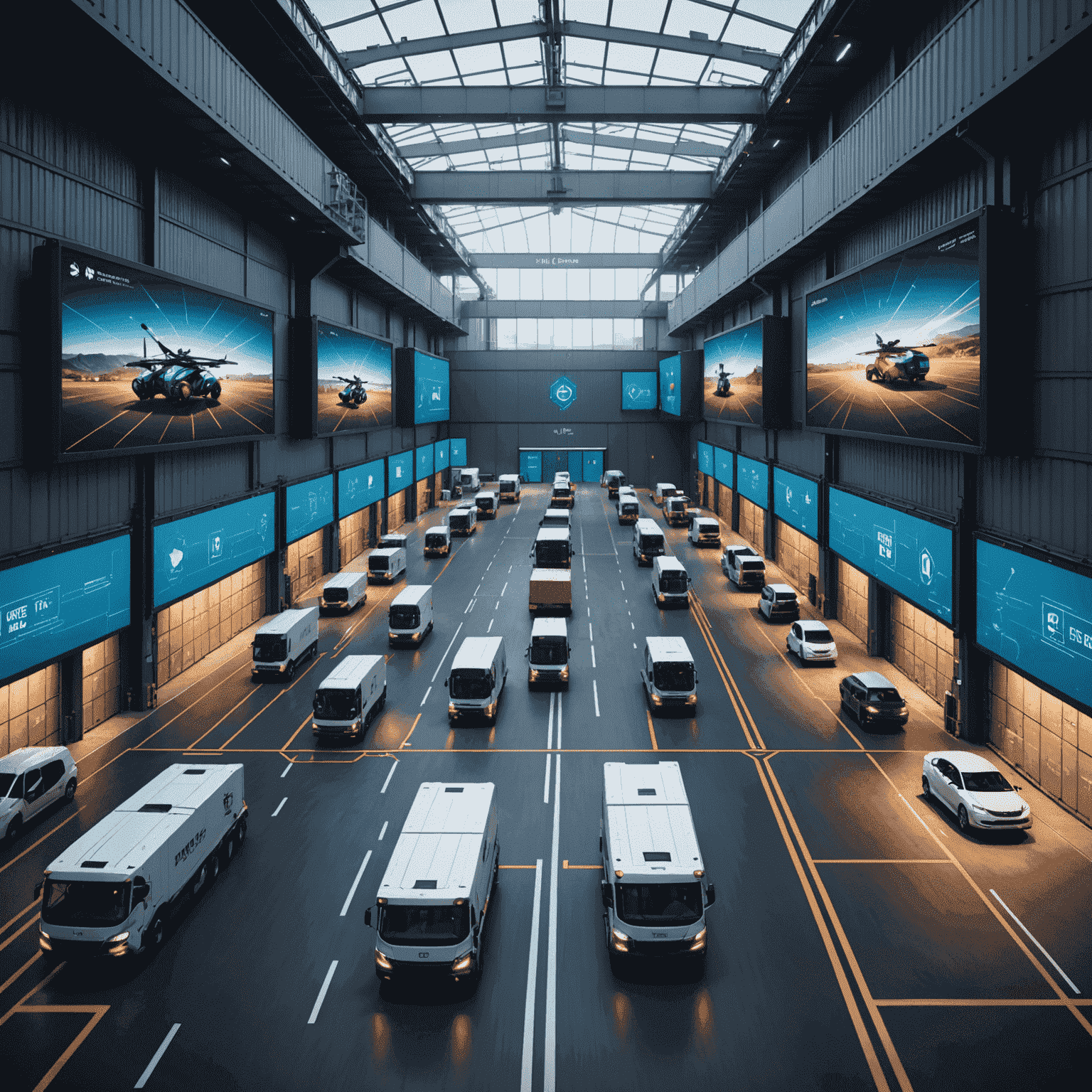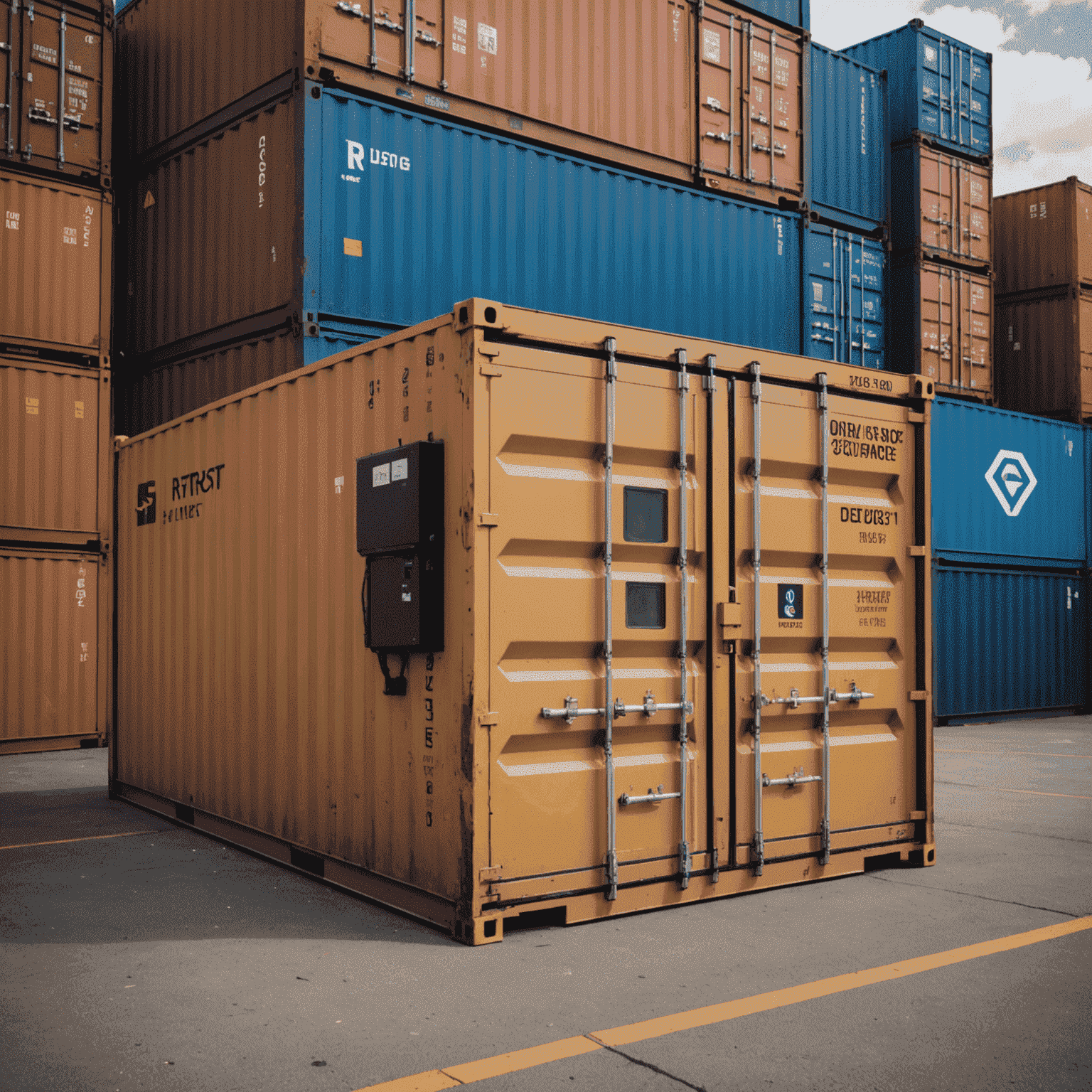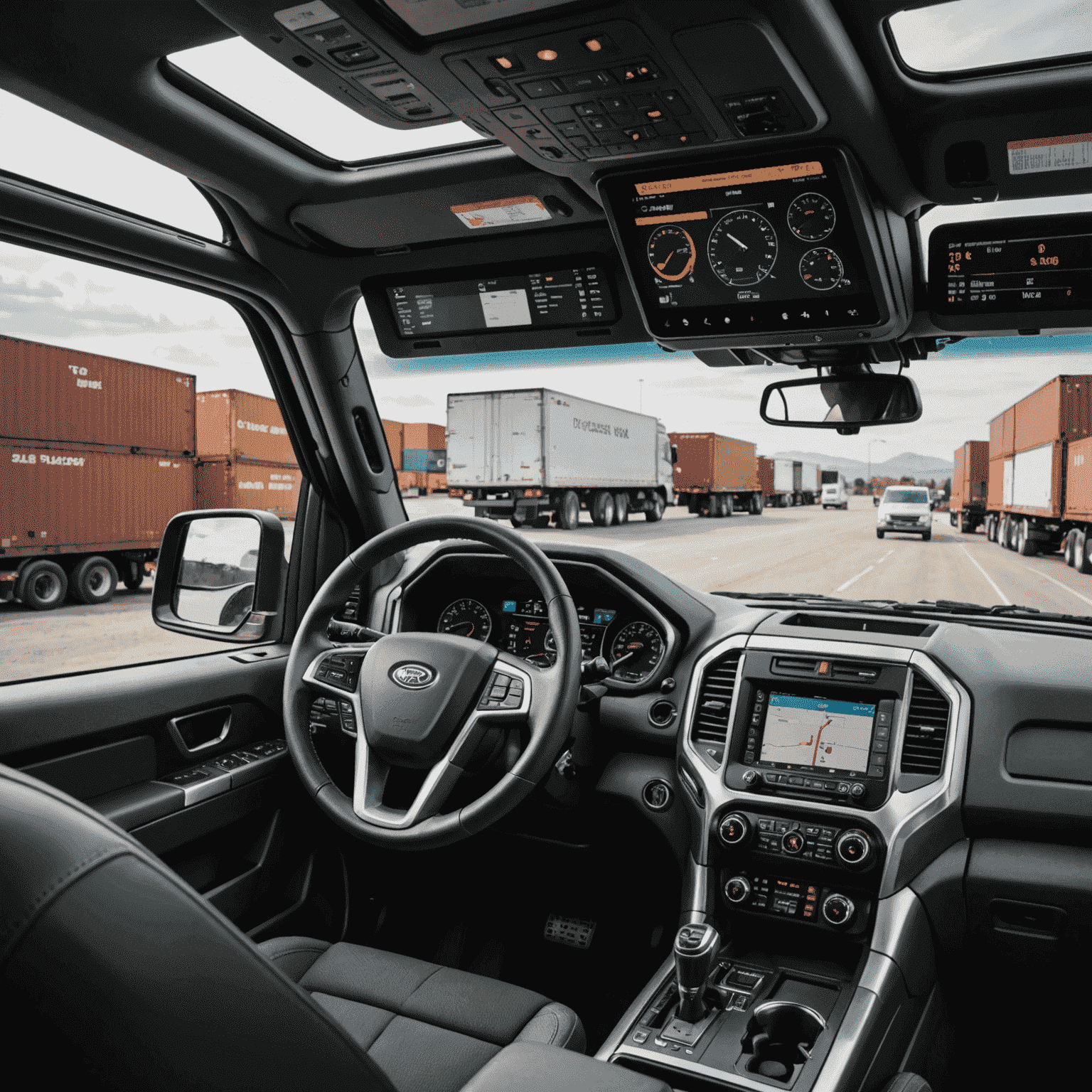Technology in Logistics: Revolutionizing Cargo Transportation

In the ever-evolving world of cargo transportation, cutting-edge technologies are reshaping the landscape of logistics. From artificial intelligence to blockchain, these innovations are streamlining operations, enhancing efficiency, and revolutionizing how goods move across Canada and beyond.
AI-Driven Route Optimization
Artificial Intelligence is at the forefront of transforming cargo transportation. Advanced algorithms analyze vast amounts of data, including traffic patterns, weather conditions, and historical shipment information, to determine the most efficient routes for cargo delivery. This not only saves time but also reduces fuel consumption and carbon emissions.

Blockchain in Supply Chains
Blockchain technology is bringing unprecedented transparency and security to supply chain management. By creating an immutable ledger of transactions, blockchain ensures that every step of the cargo's journey is recorded and verifiable. This technology is particularly valuable for international shipments, providing real-time tracking and reducing the risk of fraud or errors in documentation.
Internet of Things (IoT) and Smart Containers
The integration of IoT devices in cargo transportation has led to the development of smart containers. These containers are equipped with sensors that monitor various parameters such as temperature, humidity, and location. This is especially crucial for sensitive cargo like perishables or pharmaceuticals, ensuring that goods are transported under optimal conditions from Canadian warehouses to their final destinations.

Autonomous Vehicles and Drones
The future of cargo transportation lies in autonomy. Self-driving trucks are already being tested on Canadian highways, promising to increase safety and efficiency in long-haul transportation. Meanwhile, drones are being explored for last-mile delivery solutions, particularly in remote areas of Canada where traditional transportation methods may be challenging.
Predictive Analytics for Maintenance
Predictive maintenance powered by advanced analytics is helping transportation companies anticipate and prevent equipment failures before they occur. By analyzing data from sensors on vehicles and machinery, companies can schedule maintenance at the most opportune times, reducing downtime and extending the lifespan of their assets.

Conclusion
As we embrace these technological advancements, the cargo transportation industry in Canada is poised for a significant transformation. These innovations not only promise to make logistics more efficient and cost-effective but also more sustainable and responsive to the growing demands of global trade. The future of cargo transportation is here, and it's driven by technology.